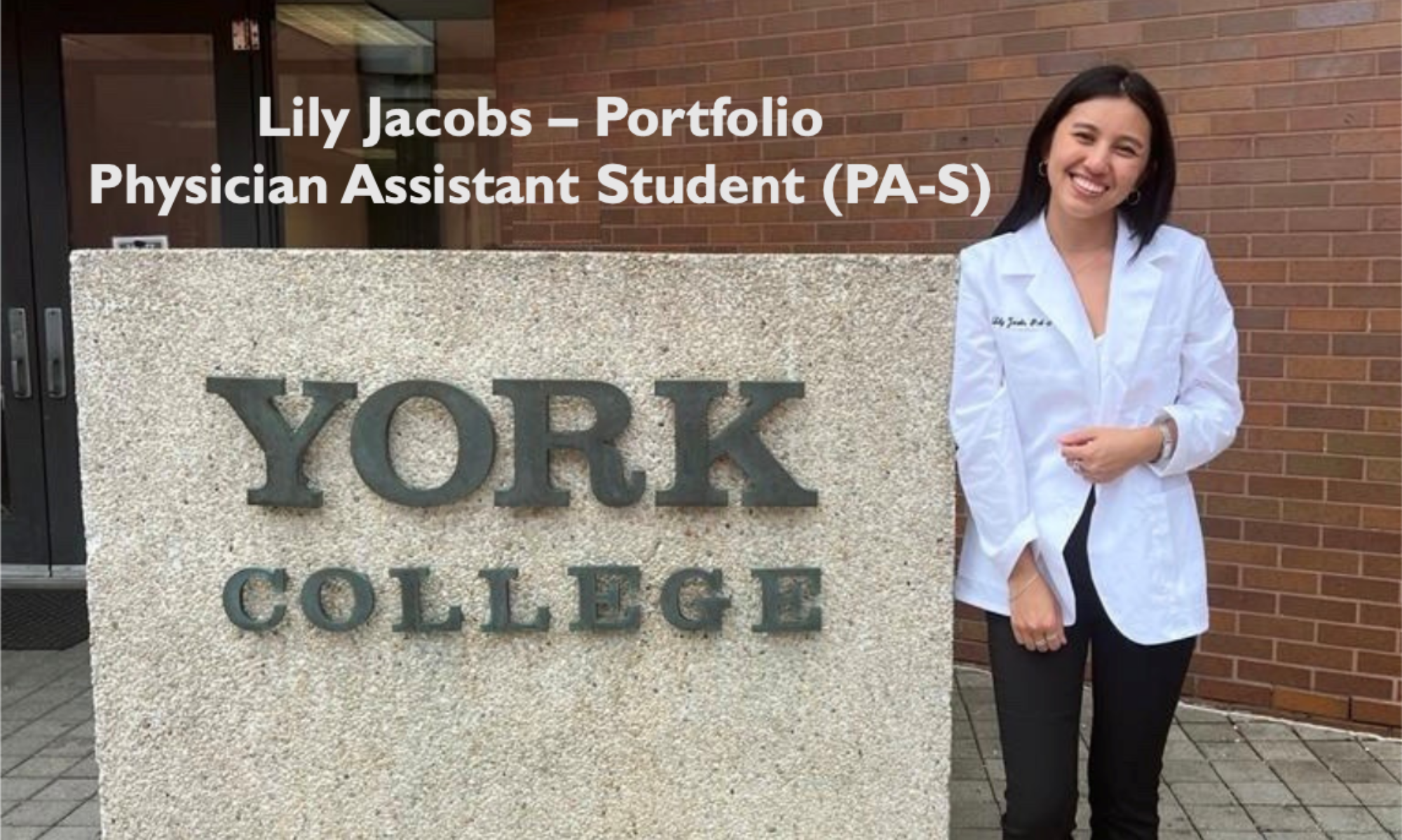My surgery rotation has been my toughest rotation thus far, with it being emotionally, mentally, and physically exhausting; however, it has been one of the most learned environments I’ve been in with great teachers and exposure to a multitude of areas (ex. wound care, bariatrics, vascular, GI, ENT, plastics, breast-related conditions etc). I was on the OR floor for the first 3 weeks where I had some clinic work in the afternoon and then I was moved to work in the clinic full time for my last two weeks. The most exciting part for me was being able to scrub into cases, have a place at the table, and assist in suturing up the patient.
Three areas that I felt weak in at the beginning of the rotation and had strengthened by the end was my anatomy knowledge, reading diagnostic imaging, and interpreting lab values. Surgery is very meticulous and knowing everything about the area one is cutting into is a must. For the surgeries I was assigned to scrub into, I would watch videos on the procedures and learn the anatomy in that area the night before because I sometimes found it difficult to determine what structures we were looking at during the actual surgery. One of the first surgeries I scrubbed into was a inguinal hernia repair and the incision site the surgeon made was small making it a bit harder for me to see what was being done, but I remember standing there thinking how are they going to find the spermatic cord structures when everything looks the same. Preparation is key. Another skill that I worked on that will be particularly helpful in the future is reading CT and MRI scans. Throughout didactic year it was difficult for me to determine if something was abnormal; I would identify parts of the scan that looked suspicious to me but turned out to be just the bodies normal asymmetry. The surgical residents were very helpful in walking me through the scans and pointing out landmarks to pay attention to. The last skill I wanted to mention was improving my ability to interrupt lab values and how those lab values changed the treatment management. During my time on the in-patient floor, the students were expected to assign themselves at least one patient that we rounded on in the morning to check up on and follow their labs and tests that were ordered for that day. It gave a real sense of what it’s like to have your own patients and continuity of care. I was able to get familiar with correcting electrolyte imbalances, what were the next steps if the WBC increased over x fold amount overnight, different causes behind a patient being in metabolic acidosis etc.
WIth this rotation, I had the opportunity to practice writing more SOAP notes, which I actually found to be a bit challenging in terms of the amount of information to include. I am so used to writing H&P and following OLDCARTs for the HPI, I was almost shocked by what was not included and what the resident or PA ultimately took out after editing my note. It was great practice for documenting in the future in a timely manner and to be able to really cut down the information to only include the pertinent information. Being “responsible” for physically writing the note also helped with my own learning of what the important questions were to ask, what I should check in the physical exam, what imaging or labs are needed, and finally what the plan will be. The repetitiveness helped cement the information for me.
The clinic that I particularly enjoyed being in was the plastics/breast clinic. A memorable patient for me was on one of my last days and it highlighted our unforgiving health care system on mental illness. A young slender man came in with significant gynecomastia that has been gradually getting larger for the past couple of years. He was undergoing a workup with an endocrinologist, but was interested in surgical intervention as it has gotten to the point where he was so embarrassed to even go outside. He said that mentally it has been very difficult for him and feels very uncomfortable with his body as the breasts make him feel like a woman. His only symptom was how it has affected him mentally and when we looked up the criteria for coverage under his insurance, psychological/social issues were explicitly stated as not a qualification. Additionally, there were only clear guidelines that addressed a female not a male making it harder to determine the likelihood of him getting the surgery covered. It felt like a helpless situation as the patient was able to pay out of pocket for the surgery; I had asked the PA that I was with what would happen next and he replied with a shrug of the shoulder with the same look as how I felt. He recounted a similar situation with a 14 year old male who was getting bullied at school and his insurance wouldn’t cover the surgery. Though patients may not have a physical symptom, psychological effects can be debilitating and insurance companies need to reevaluate their standards of what is considered medically necessary.


